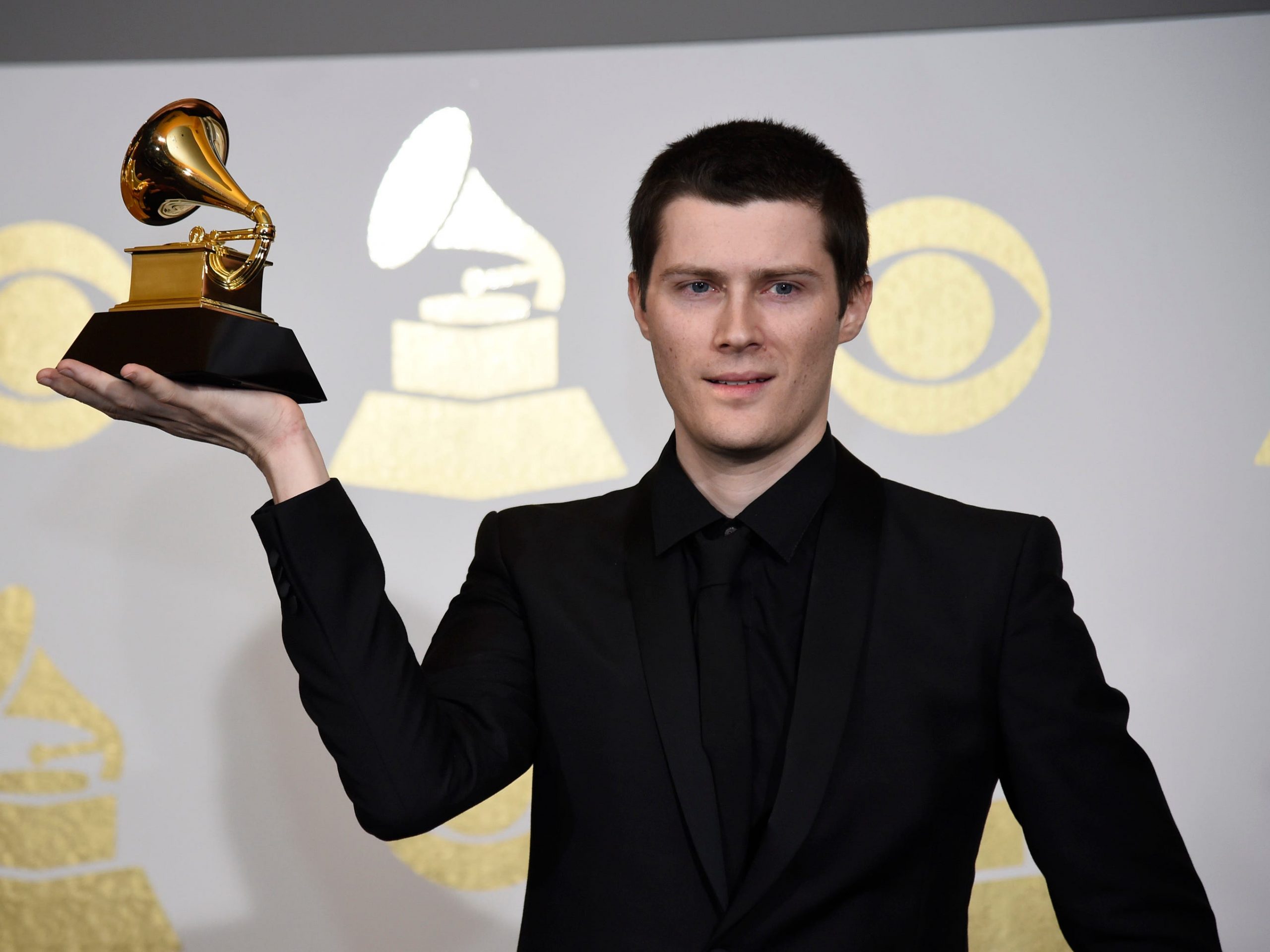
Associated Press
- NFTs have already generated millions for artists, breaking digital art records.
- Crypto art could expand the music industry's $11 billion market.
- Artists can claim independent revenue by selling NFTs on their own, cutting out major labels.
- See more stories on Insider's business page.
Crypto art could soon upend the music industry.
The sale of digital assets – also known as non-fungible tokens or NFTs – has already generated millions for artists and could change the power structure and profitability of the music industry.
The US music industry generated about $11 billion in 2019 – a number that pales in comparison to other industries, including the US film industry which generated $35.3 billion the same year, according to data from Statista.
What's more, a lot of the revenue is controlled from the top-down by three major record labels: Sony, Universal Music Group, and Warner Music Group.
Crypto art could become a huge independent revenue source for musicians. Sites that sell crypto art have brought in over $1 billion in the past 30 days, according to CryptoSlam.
Music industry expert Cherie Hu told Insider crypto art could become a primary source of income for many musicians.
"NFTs could save the music industry," Hu told Insider. "We're just a year out from many artists losing their No. 1 source of income. Artists can't make enough on streaming alone. They need to find a better way to make money."
Even the most prominent artists receive much of their income from touring, a sector that has been all but eliminated during the pandemic. On average, artists generate about 75% of their income via concerts, according to Billboard.
Revenue from streaming platforms like Spotify and Apple Music is marginal at best. In February, Insider found Spotify paid artists between $.033 and $.0054 per stream. At this rate, an artist needs about 250 streams to earn a single dollar.
Many musicians and groups including Steve Aoki, Halsey, Shawn Mendes, and Kings of Leon have already released or announced plans to sell their own lines of digital art, after several artists proved NFTs can be a lucrative business.
Musicians can auction digital artwork, including 3-D images, unreleased music, videos, and tokens across a variety of crypto platforms in exchange for cryptocurrencies like ether and WAX. NFT items are designed to cater to fans who want to personally support artists and have sold for anywhere from $20 to nearly $70 million.
In March, electronic music producer 3LAU generated over $11.6 million in under 24 hours selling crypto versions of his album. The same week, Grimes made $5.8 million in under 20 minutes selling her artwork online.
Last week, digital artist Beeple made history when he sold his artwork for nearly $70 million.
There are two musicians leading the charge into NFT territory
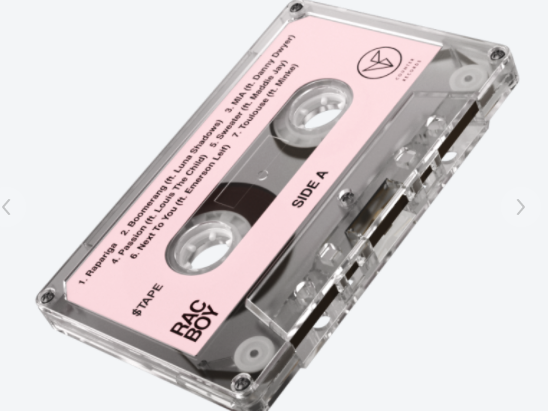
Zora
While many artists are only just hearing about the possibilities of crypto art, Grammy winning producer André Allen Anjos - known in the music industry as RAC - has been experimenting with NFTs for years.
He told Insider they first captured his attention in 2017. Since, RAC has been able to generate a steady stream of income from selling NFTs, including selling what is likely the most expensive cassette tape of all time as an NFT in May. Prices for the tape skyrocketed from $20 to over $13,000 a piece in a matter of months.
Justin Blau, also known as 3LAU, said he has been involved in the crypto world since 2018. Over the past few months his NFT sales have continued to pick up steam going from sales in the hundreds to selling a single item on Nfty Gateway for over $1.3 million last week.
Steve Aoki's manager Matt Colon told Insider when it comes to crypto, many musicians are trying to replicate RAC and 3LAU's success, but haven't been able to come close.
"Everyone looked at 3LAU and thought they could do better," Anjos told Insider. "They come into this space thinking celebrity has anything to do with it. It doesn't. The reason why Justin did so well is because he's been in the space for a while. I've been able to punch above my weight because I've been involved for a long time, people in the crypto world know that."
NFTs could take power away from major labels
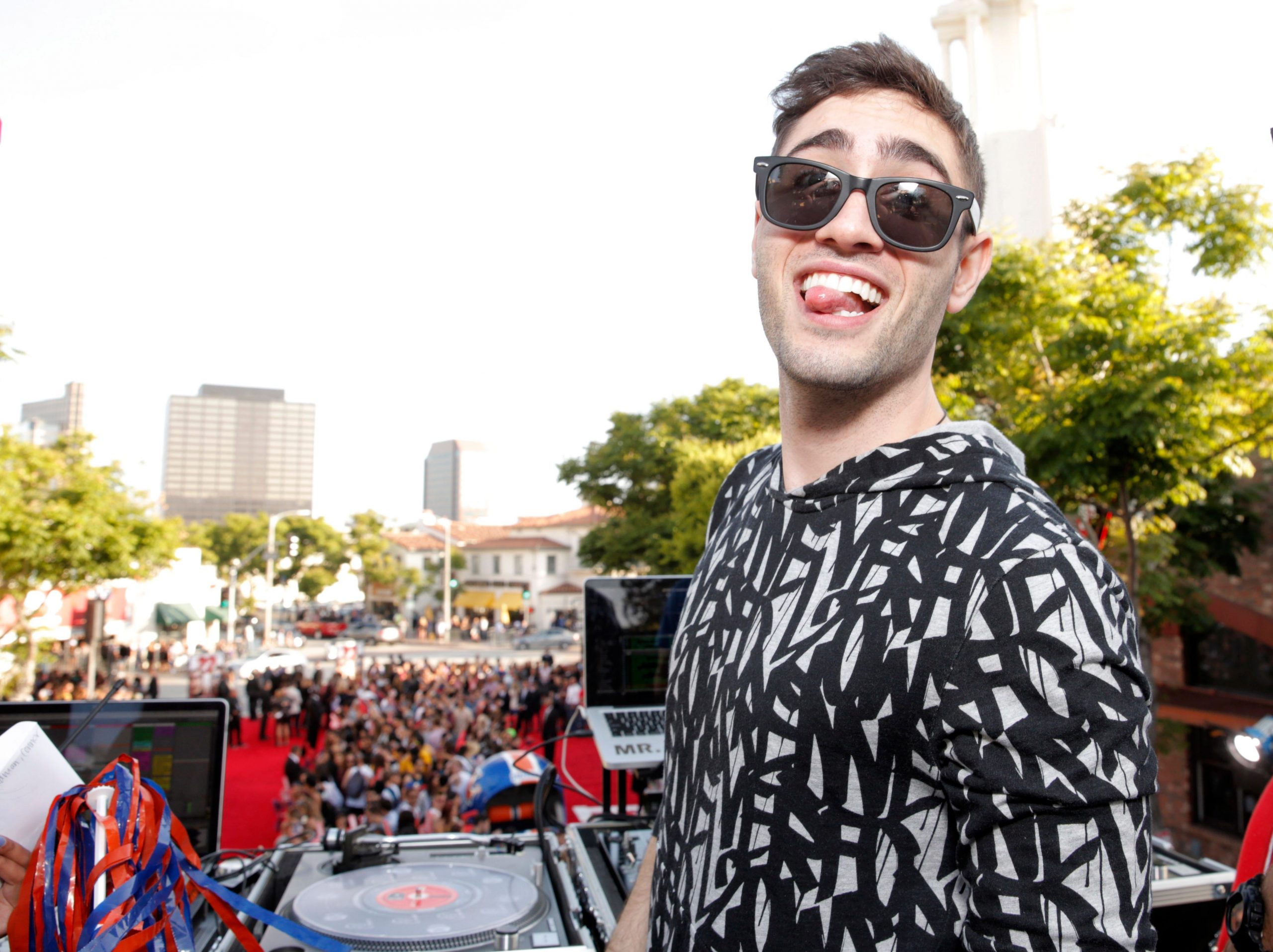
Colon told Insider NFTs could change the power dynamics between artists and their labels.
Traditional contracts with record labels can allow the companies to take about 80% of an artist's earnings from album sales and streaming, according to a report from Music Business Worldwide.
The relationship between labels and artists has long been contested. Big names like Taylor Swift, Jay-Z, and Prince have spoken out in the past on how labels can take advantage of young artists.
"NFTs are built on decentralization, connecting fans directly with creators," Colon said. "The current systems in place are opaque and antiquated. NFTs cut out the middleman."
Crypto arts gives more power to independent artists like RAC. He is in the process of creating his own NFT agency called "6" after being swamped with calls from artists asking how they can get into the crypto space.
Ultimately, Anjos says crypto art is one way artists can turn a sizable profit without a major label trying to take a cut.
"You can make a very good living on this by just being creative," Anjos told Insider. "It's something we as musicians have really never had before because we have this very entrenched system where three major labels just run the show. By cutting them out we can capture more of that value for ourselves."
Even after the NFT initial sale, artists can continue to collect royalties on future sales of their products as most platforms offer creators between a 10% to 15% cut of any future sales.
While Hu is doubtful major labels will be cut out entirely, she and Blau agree the additional stream of revenue for artists will force many labels to cut back on more "predatory" strategies.
"They could provide more incentive for labels to better serve artists," Hu told Insider. "Artists will likely be asking themselves 'Is my label doing the best job at maximizing the value of my relationship with fans? Do they deserve a cut of these NFTs?'"
"It's a gold rush," Colon told Insider
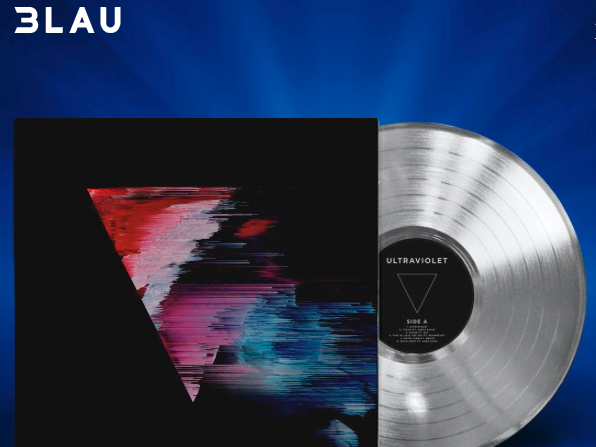
3LAU
CAA music agent Hunter Williams told Insider the agency is actively considering which clients would benefit from NFT opportunities. Another CAA agent, Phil Quist, said the digital assets could revolutionize the relationship between artists and their fans.
Read more: Here are 4 NFT startups transforming the way we buy art and sports memorabilia
"What started as an experiment in decentralization has led to barriers being broken down between artists and fans, leading to real revenue streams for artists, and allowing almost any content to be tokenized," Quist told Insider. "This could be the beginning stages of a switch from fans having a parasocial relationship with their artists to being able to invest in artists directly in various forms, which inevitably will enhance true fandom."
Colon told Insider many artists trying to capitalize on the trend are making obvious money grabs, but creators that are trying to authentically interact with fans have a distinct advantage.
Not all NFTs are created equal
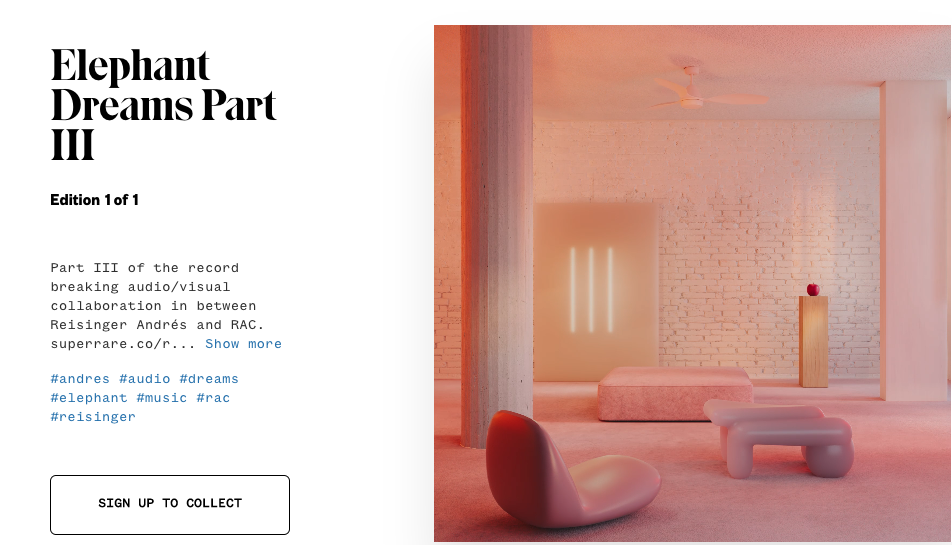
SuperRare
NFT releases from popular groups like Kings of Leon largely flopped - generating about $2 million from its collection in comparison to 3LAU's $11.3 million. Similarly, Shawn Mendes' NFTs are selling on average for only a couple thousand dollars a piece.
Hu said many artists don't understand what the crypto space is looking for.
"Some artists understand what the crypto world wants, others just copy and paste their brand into crypto," Hu told Insider. "A lot of the successful NFT drops are pretty weird. They're meant to be abstract and would likely be dismissed or overlooked in mainstream media, but it's what the crypto community is looking for."
Artists like Grimes, RAC, 3LA, and Steve Aoki have found success because they gave buyers something they could not find anywhere else.
Anjos told Insider when he makes an NFT its reverent, he's "targeting a museum experience on your screen."
While there are still a lot of kinks to be figured out in the NFT world, including the potential for copyright infringement, fraud, and theft, many managers and agents including Quist and Williams say the space has huge potential for artists.
"I don't think we've even seen the tip of celebrities getting involved in this." Hu told Insider.
